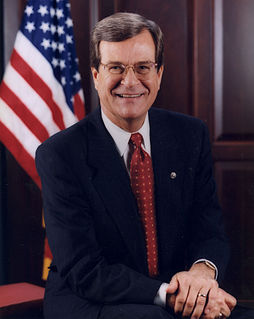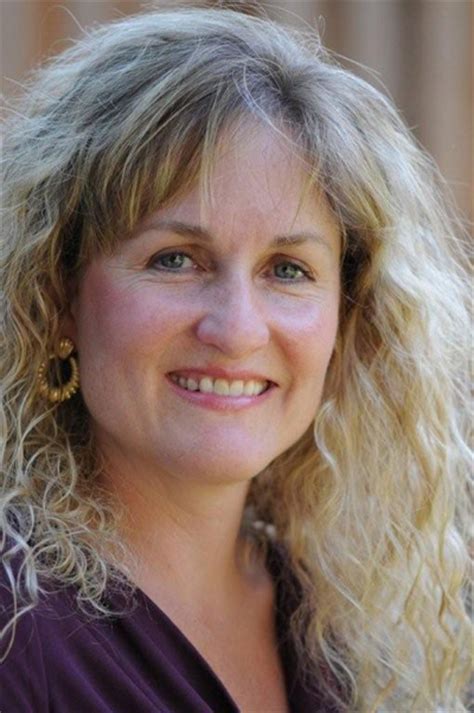A Quote by Julian Castro
We know that in our free market economy some will prosper more than others. What we don't accept is the idea that some folks won't even get a chance.
Related Quotes
To be sure, not all moments are equally fleeting. Some moments last longer than others. And certain events do reoccur more than once and even recur repeatedly. Sometimes you do get more than one chance. Sometimes you don't. It helps to know how long a window of opportunity you have and if you'll get another chance.
I was brought up to believe in free will. Although I came to doubt all revelation, I can never accept the idea that the Universe is a physical or chemical accident, a result of blind evolution. Even though I learned to recognize the lies, the clichés and the idolatries of the human mind, I still cling to some truths which I think all of us might accept some day.
If our well-being depends upon the interaction between events in our brains and events in the world, and there are better and worse ways to secure it, then some cultures will tend to produce lives that are more worth living than others; some political persuasions will be more enlightened than others; and some world views will be mistaken in ways that cause needless human misery.
Yes, our greatness as a nation has depended on individual initiative, on a belief in the free market. But it has also depended on our sense of mutual regard for each other, of mutual responsibility. The idea that everybody has a stake in the country, that we're all in it together and everybody's got a shot at opportunity. Americans know this. We know that government can't solve all our problems - and we don't want it to. But we also know that there are some things we can't do on our own. We know that there are some things we do better together.

































